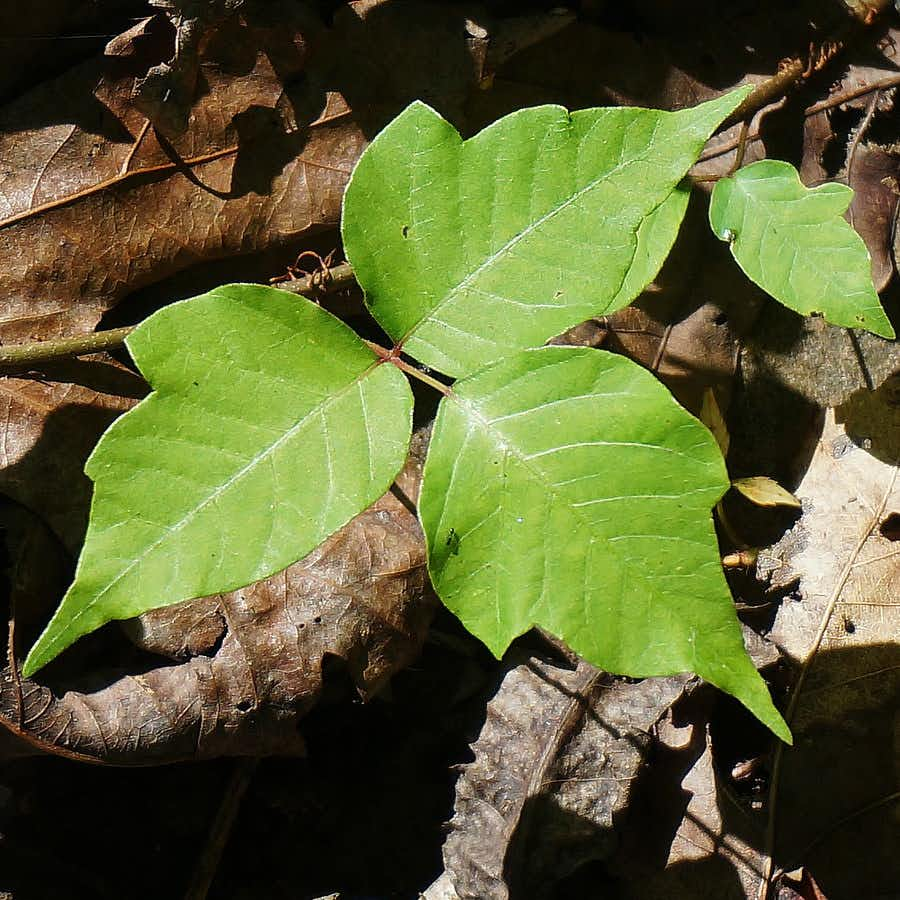
There are times when a corticosteroid like prednisone can make a huge difference. One of those times is when we have been exposed to something nasty like poison ivy or poison sumac. Contact with these plants can lead to an itchy, red, blistering skin reaction. Urushiol is the oily resin that triggers contact dermatitis. Even someone who thinks he is immune to this toxic substance can develop an allergy late in life. This reader is now taking prednisone for poison ivy because of such a reaction.
Q. I never used to get poison ivy, but last weekend I cleared out a lot of weeds and vines from my backyard. The result: I am covered with an awful rash. It’s red and blistered and itches like crazy. Does this mean that I am now susceptible to poison ivy going forward?
My doctor prescribed prednisone after a telemedicine consultation. It seems to be helping. What should I know about this drug?
Prednisone for Poison Ivy:
A. Yes, you should absolutely consider yourself sensitized to poison ivy now. People can develop this allergic contact dermatitis at any point in their lives.
Surveyors, national park rangers and telephone linemen have discovered this the hard way. These hard-working folks have to be very careful to avoid plants that secrete urushiol. Weekend gardeners are also susceptible. Even when you are cautious, it is sometimes hard to completely escape this resin.
Hiking outdoors means that your shoes and pants can touch poison ivy. When you take them off, you can be exposed. If you have a pet that runs around outside it can also pick up urushiol. When you pet your furry friend, you can develop contact dermatitis.
Oral corticosteroids such as prednisone can bring relief to a bad case of poison ivy within about 24 hours. The dose should be tapered gradually over a week or two. That allows your own body to compensate as the steroid is withdrawn.
Another Example of Prednisone for Poison Ivy:
Q. There’s poison ivy, and there’s POISON IVY! My husband gets a barely noticeable itchy rash that doesn’t impact his daily life in any measurable way. When I get poison ivy, I swell up like a balloon. The blisters are the size of half golf balls and when they finally start draining, it takes days before the oozing stops.
Twice in my life I spent over a week in bed prior to finally going to the doctor for help. I was only able to get up to use the bathroom, which was agony. For me, a typical course of poison ivy lasts over two weeks. Prednisone is a life saver in my case.
A. For a severe allergic reaction like yours, corticosteroids like prednisone can be extremely helpful. A slow taper over a week or two is generally recommended. Dropping the dose too rapidly can lead to symptoms of adrenal dysfunction such as muscle weakness, fatigue, dizziness, fainting, headache, nausea, loss of appetite and low blood sugar.
Side Effects from Prednisone for Poison Ivy:
Side effects of prednisone or other strong steroids can include insomnia, irritability and mood swings, fluid retention, elevated blood pressure, headache and dizziness. Be alert for more serious complications such as blood clots or susceptibility to infections (BMJ, April 12, 2017).
You may want to use a low-salt substitute containing potassium chloride on your food to replenish potassium. That’s because prednisone can deplete the body of this crucial electrolyte.
To learn more about the dark side of prednisone when it is used for long periods of time you may want to click on this link.
Prednisone Side Effects: Deal With The Devil?
Prednisone is a valuable medication for many serious conditions, but prednisone side effects can be serious, including sepsis and psychological reactions.
Share your own story with prednisone for poison ivy in the comment section below.

